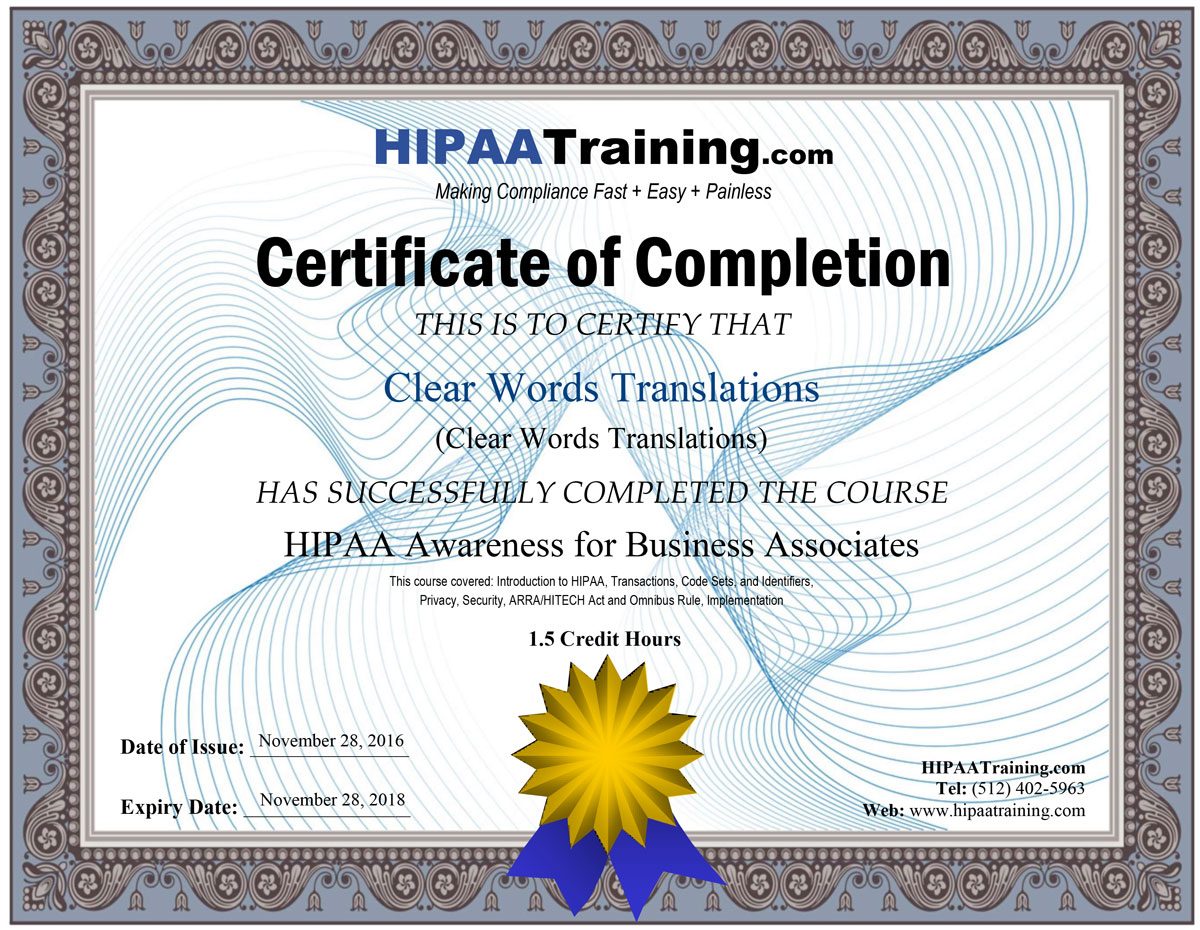5 Things You Should Know About Business Plan Translation
CLEAR WORDS
TRANSLATIONS
All News June 18, 2020 |
5 Things You Should Know About Business Plan Translation
The world has become a massive marketplace, and startups have more opportunities than ever to promote their innovative ideas in front of an international audience. Business plan translation services can help any new business founder pitch more investors and VC funds, regardless of their language. A 100% accurate translation of your business plan helps you overcome the language and cultural barriers between you and your Japanese, Chinese, or French investors. You can convince multilingual business people to invest in your idea and secure the cash you need to expand your company and ensure consistent growth. On the other hand, a poorly translated business plan will hold you back. If translators fail to transmit your ideas correctly, you may scare off investors and even minimize your chances of being taken seriously. When pitching international investors, you can’t get lost in translation. Here are five things you should know about business plan translation to make sure you don’t miss any opportunities.
1) Focus on the Languages that Matter
When you start looking for angel investors or VC funding, you should make sure you’re prepared to hand them all the documentation that shows what problems you intend to solve and your business forecasts. You can’t wait until the last minute to put together the business plan. So, if you decide to go international and target multilingual investors, make sure you have several versions of your business plan available in different languages. Most people speak English in the business world, but you have better chances of making an excellent first impression when presenting your business plan in the language of your potential investor. Naturally, you don’t have to translate the document in all the languages out there. Be smart and plan before jumping into translation. Think of the type of investors you want for your business and are known to have a taste for startups in your industry. Where do they come from, and what are the languages they speak? As a guideline, the world’s 100 best venture capital investors speak English, Chinese, Arabic, and German. However, depending on the investors you target, you may want to add or remove languages from the list.
2) Look for Subject-Matter Expertise
According to the Harvard Business Review, the optimal time to spend on your business plan is three months. After putting all that work into crafting the perfect documentation, you don’t want to waste your chances of getting funds with an inaccurate translation. You need to make sure that every detail in your business plan is included in the translated version, from the target market and competitors to the financial plan. It’s a lot of information to cover from various fields, from marketing to finance. So, a startup interested in impacting potential investors needs to work with a professional translation team. Business plan translation requires linguists who understand business writing rules and the specific terminology of the industry in which the startup wants to operate. If you’re starting a SaaS company, for example, you need translators who know the industry and have in-depth expertise in talking to people interested in Software-as-a-Service. If you’re in pharmaceutics, you should work with certified medical translators who have experience translating business plans in this specific niche.
3) Details Make the Difference
Most investors have English skills that enable them to understand your business plan, so why is translation still necessary? Because people like to read in their native languages. You make it easier for them to pay attention to all the details in the document, as they don’t have to worry about the fact that the information is presented in their second language. When you present your business plan in languages that potential investors prefer using, you show that you care and are ready to go the extra mile to achieve your objectives. You can’t show investors a business plan containing misspelled words, grammar errors, or, worse, typos that generate confusion. A missing or misplaced comma in your sales forecast or a forgotten decimal separator can make investors have second thoughts about your financial plan’s precision. When you hire a language service provider for this job, ask them about how they proofread documents. Ensure they understand how translation errors can impact business outcomes at this point in your company’s life. Also, double-check all numbers in your business plan before handing documents to potential supporters.
4) Business Plan Translation Requires 100% Accuracy
The business plan needs to be impeccable in all languages, and, most importantly, all versions of the document should tell the same story. You can’t afford to have different descriptions of your operations, depending on the language of translation. Every item you’ve included in your business plan helps investors understand how you’ll transform the opportunity into revenues. So, you mustn’t lose any details during the translation process. The future of your business may depend on one translation; this isn’t the area where you can cut corners. If you plan to spend the smallest amount possible on translation, you’d be better off not translating it and going for an English-only document. Machine translation alone can’t capture the exact meaning of your content and rewrite it in a different language. It’s wiser if you work with linguists who can guarantee 100% accuracy in translation. That’s because the information should be conveyed truthfully to ensure that all investors receive the same version of your plan, identical to what you wrote.
5) The Business Plan Should Preserve Your Enthusiasm
Finally, the translated business plan should retain the same enthusiasm you put when you presented your idea. Numbers are also crucial. Moreover, the way you make your case in the marketing and sales plans can convince investors to support your startup. But your enthusiasm shows that you’re confident that you can take your business idea and turn it into a profitable company. So, look for a language service provider that can capture your voice and communicate your energy and passion. A business plan is essential for startups and entrepreneurs who need help to fund their companies. If you’re ready to go international to find investors, you need to be prepared to present your objectives as clearly as possible in all languages. You need to build trust. For this to happen, you should work with professional translators who understand your needs and have the language skills necessary to deliver high-quality translation services.










